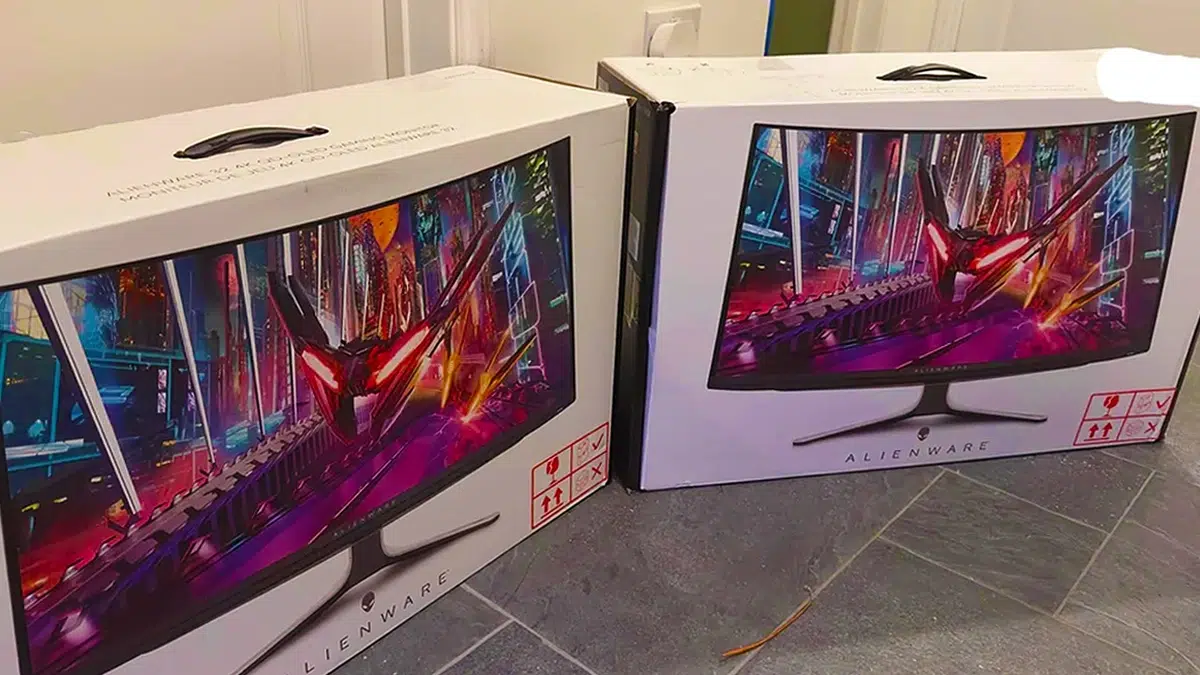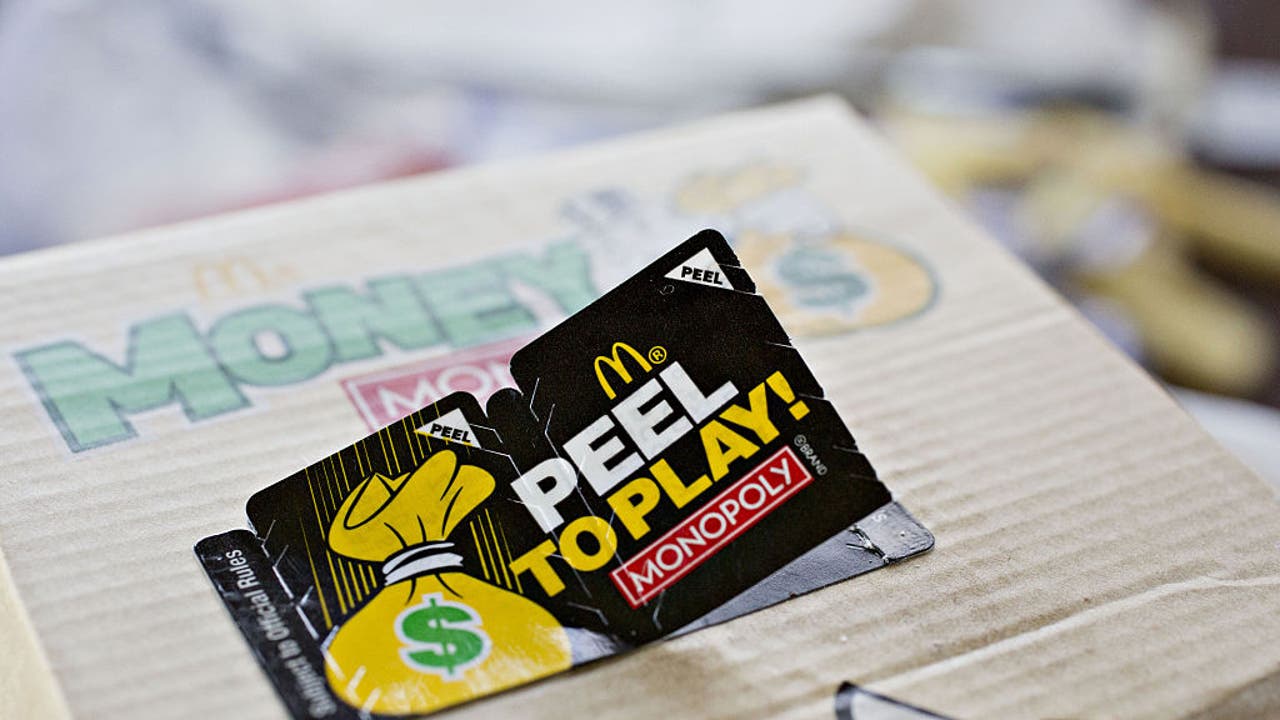AI Generated Toilet Paper Dispenser Shocks China: Watch Ads or Pay Up in Dystopian Twist!

Would you watch a 30-second ad just to get some toilet paper? In China, that's not a hypothetical—it's the new bathroom reality.
Imagine this: You rush into a public restroom in China, nature calling with the urgency of a rollercoaster drop. But before you can grab your much-needed toilet paper, you're greeted by a digital gatekeeper. Welcome to the age of the AI generated newscast about toilet paper rationing—where dignity now streams alongside detergent commercials.
Here's how the system works, according to China Insider News: You scan a QR code with your smartphone, endure a bite-sized commercial—maybe an ad for a luxury sedan or the latest investment app—and only then, like a contestant on a bizarre game show, do you receive a carefully rationed portion of toilet tissue. Don’t want to watch? You can skip the ad... for the small fee of 0.5 yuan, about as much as a single samosa. Suddenly, relief has a literal price tag.
This AI generated newscast about the toilet paper revolution has sparked outrage across social media, with users joking (and despairing) about capitalism invading the last bastion of privacy. One viral Instagram comment called it "dystopian," picturing a future where every private moment comes with a sponsorship message. X (formerly Twitter) exploded with jokes and anxieties: What if your phone dies? What if your WeChat won’t load? Or, as one commenter bluntly put it, “If you don’t have your phone or your credit card, you are—quite literally—s*** out of luck.”
Officials, meanwhile, say this isn’t about humiliation. It’s about conservation. Public restrooms have seen people making off with mountains of free toilet paper, leaving others in the lurch. Their answer? Combine surveillance with advertising—two of modern life’s least subtle companions—to ensure no one leaves with more than their fair share. This isn’t even the first time restrooms have gone high-tech. Back in 2017, Beijing’s Temple of Heaven Park installed facial-recognition machines to ensure one face equaled one ration of tissue, with a nine-minute wait for anyone trying to game the system.
So next time you complain about pop-up ads on your phone, imagine having to watch one before you can even reach for the toilet paper. In the world of AI generated newscast about toilet paper, privacy and comfort are officially sponsored—one ad at a time.















